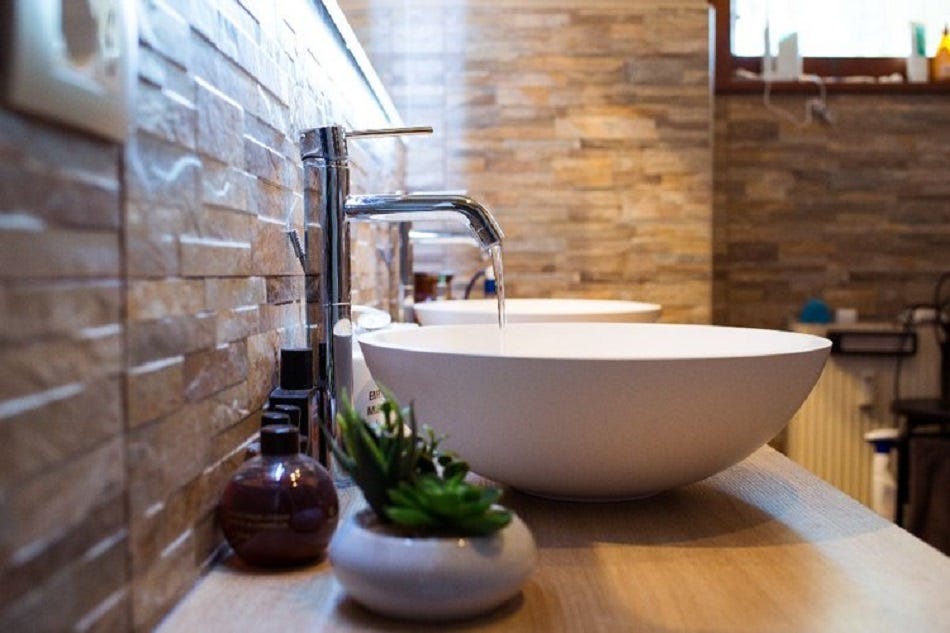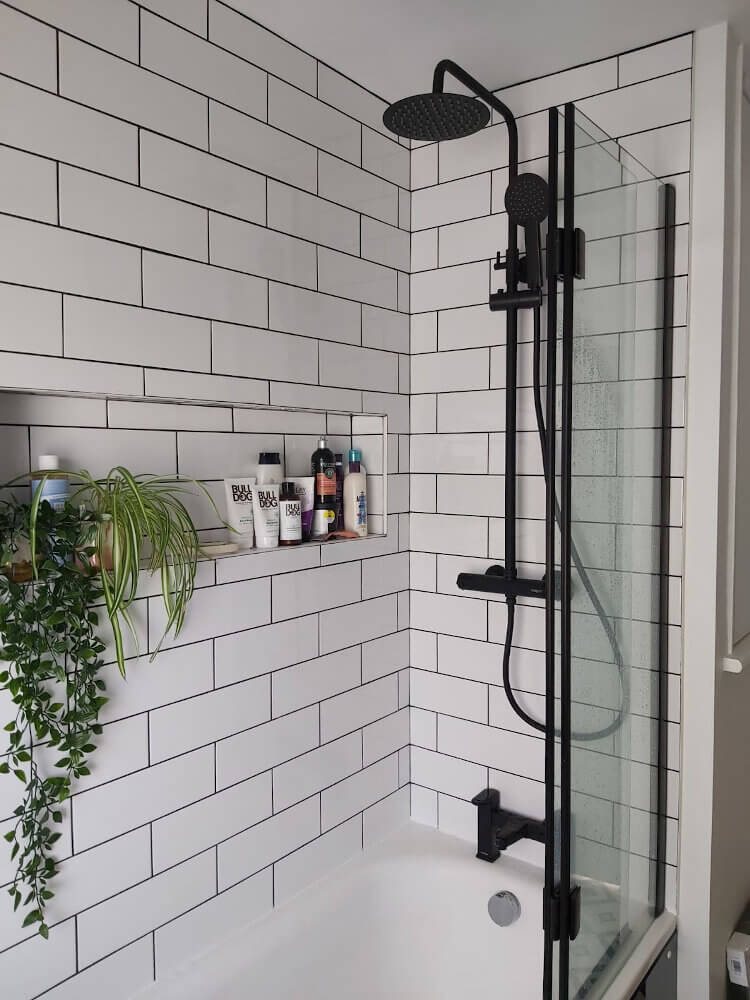Key Bathroom Plumbing Tips: Guidance for New Homeowner Needs to Know
Key Bathroom Plumbing Tips: Guidance for New Homeowner Needs to Know
Blog Article
We've unearthed the article relating to General Plumbing Tips for New Homeowners below on the web and believe it made perfect sense to share it with you on this page.

For new house owners, understanding and keeping restroom plumbing can save both money and time by protecting against costly issues down the line. Here are some vital restroom plumbing tips to help you maintain every little thing running efficiently.
Acquaint Yourself with the Main Shut-Off Valve
Understanding where the major water shut-off valve is located in your home is crucial. This permits you to quickly shut off the supply of water in case of major leaks or during plumbing emergency situations, protecting against extensive water damages.
Regularly Check for Leakages
Tiny leaks can bring about big troubles. Frequently check under sinks, around bathrooms, and near pipes fixtures for any type of signs of leakages. Look for moisture, little drips, or corrosion. Capturing and repairing leaks early can prevent much more severe damages and conserve water.
Do Not Ignore Slow Drains Pipes
If your sink or bathtub is draining pipes gradually, it's usually an indicator of a clog developing. Addressing this very early can stop a full obstruction. Make use of a bettor or a plumbing's snake to remove particles. Prevent using chemical drain cleansers as they can damage your pipelines with time.
Know What Not to Flush
Commodes are not garbage disposals. Avoid purging anything aside from bathroom tissue and human waste. Products like wipes, womanly health items, and cotton swabs should be thrown away in the trash to stop blockages and sewage system backups.
Set Up Strainers in Drains
Location strainers in your sink and tub drains to catch hair and various other particles before they enter your plumbing system. Cleaning up the strainers frequently will aid protect against buildup and maintain water streaming easily.
Keep Your Hot Water Heater
Guarantee your water heater is set to an ideal temperature level (commonly about 120 levels Fahrenheit) to avoid hot and minimize power usage. Flush the storage tank annually to remove debris build-up, which can lower the performance and life-span of your heating system.
Upgrade Your Fixtures
If your home has older components, think about updating to more reliable versions. Modern commodes, showerheads, and taps are made to utilize less water while giving excellent pressure, which can considerably lower your water bill and environmental footprint.
Be Cautious with Do It Yourself Plumbing Repair Works
While it's appealing to manage all home repair services on your own, be cautious with pipes. Some issues may call for professional proficiency, particularly if they entail major water lines or sewer repair work. Employing a specialist can often be extra cost-effective than DIY, especially if it avoids additional damage.
Prepare for Cold Weather
Safeguard your pipes from cold throughout cold weather by shielding pipes in unheated areas like basements, attic rooms, and garages. Throughout extreme cold, let cold water drip from faucets offered by subjected pipes to aid stop cold.
Set Up Routine Upkeep
Consider scheduling annual assessments with a certified plumbing technician. They can find concerns that you may miss, such as hidden leaks or damage on pipes and components. Normal maintenance aids expand the life of your pipes system and can protect against emergency situations.
Final thought
Understanding and preserving your home's shower room plumbing can prevent several common concerns. By complying with these vital suggestions, you can ensure your restroom remains practical and reliable, saving you time and money over time.
Essential Plumbing Tips for Homeowners: Keep Your Pipes Flowing Smoothly
As a homeowner, understanding the basics of your plumbing system can save you time, money, and a lot of headaches. Plumbing issues can range from minor annoyances like dripping faucets to major problems like burst pipes that cause significant damage. This guide provides essential tips to help you maintain your plumbing system and tackle common issues.
Understanding Your Plumbing System
Supply System: Brings fresh water into your home from a municipal source or a well. Drain-Waste-Vent System: Removes wastewater and vents sewer gases outside. Fixtures and Appliances: Includes sinks, toilets, showers, dishwashers, and washing machines. Basic Maintenance Tips
Regular Inspections: Periodically check for leaks, corrosion, and other signs of wear and tear. Look under sinks, around toilets, and near water heaters. Know Your Main Shut-Off Valve: In case of a major leak, you’ll need to shut off the water quickly. Ensure everyone in your household knows where the main shut-off valve is located. Prevent Frozen Pipes: In cold climates, insulate exposed pipes and let faucets drip during extreme cold to prevent freezing. Use Strainers: Install strainers in sinks and tubs to catch hair, food particles, and other debris that can cause clogs. Common Plumbing Issues and Solutions
Clogged Drains:
Prevention: Avoid pouring grease down the drain and use drain screens to catch debris. DIY Fix: Use a plunger or a plumbing snake to clear minor clogs. For stubborn clogs, a mixture of baking soda and vinegar can sometimes help. Leaky Faucets:
Prevention: Replace washers and seals regularly. DIY Fix: Turn off the water supply, disassemble the faucet, and replace worn parts.

Call Today Report this page